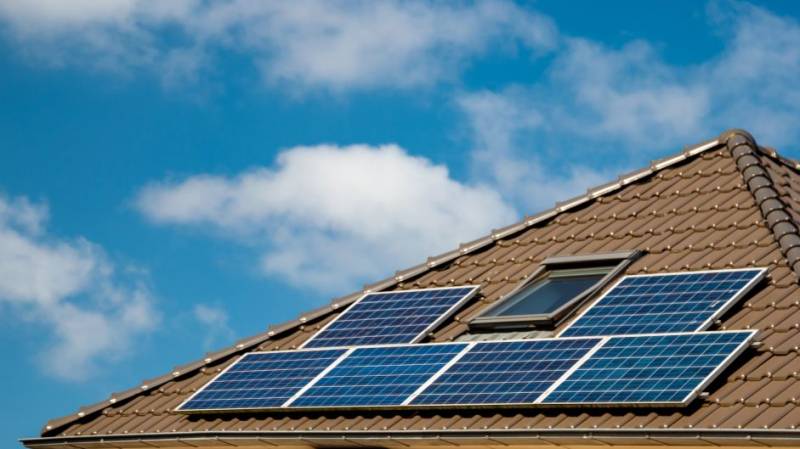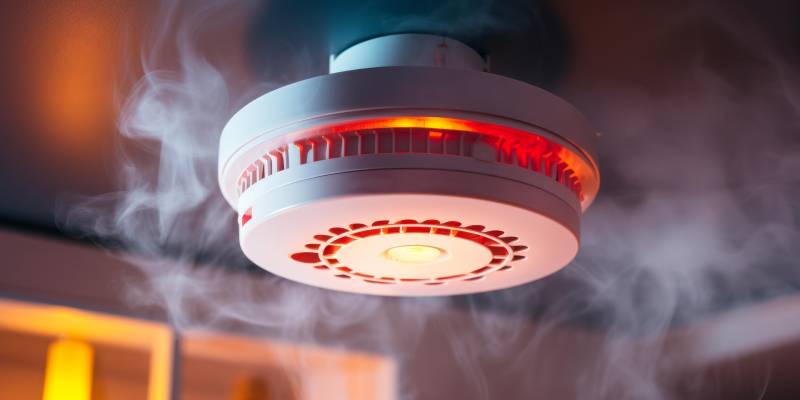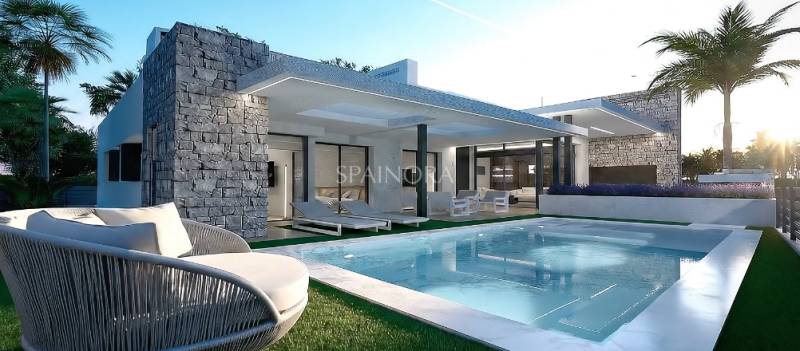
To be listed on the CAMPOSOL TODAY MAP please call +34 968 018 268.

Guidelines for submitting articles to Condado Today
Hello, and thank you for choosing CondadoToday.com to publicise your organisation’s info or event.
Condado Today is a website set up by Murcia Today specifically for residents of the urbanisation in Southwest Murcia, providing news and information on what’s happening in the local area, which is the largest English-speaking expat area in the Region of Murcia.
When submitting text to be included on Condado Today, please abide by the following guidelines so we can upload your article as swiftly as possible:
Send an email to editor@condadotoday.com or contact@murciatoday.com
Attach the information in a Word Document or Google Doc
Include all relevant points, including:
Who is the organisation running the event?
Where is it happening?
When?
How much does it cost?
Is it necessary to book beforehand, or can people just show up on the day?
…but try not to exceed 300 words
Also attach a photo to illustrate your article, no more than 100kb

Is it true that solar panels produce less energy in summer?
It might seem counter-intuitive, but heat and other factors can actually affect solar panel performance in the warmer months

Why does solar panel output drop in summer?
1. Higher temperatures reduce panel efficiency
2. Stronger sunlight isn’t always better
3. Panel angle and tilt may not be ideal
4. Seasonal shading from vegetation
5. Greater household energy demand
Should this put you off solar energy?
Mobile: +34 671 716 597
 Almeria’s Nº 1 family run solar installation company is now covering Camposol, Mazarrón and many other parts of the Region of Murcia, including La Manga Club, La Torre Golf Resort, Las Terrazas de la Torre, Los Alcázares and the Mar Menor Golf Resort, as well as the province of Alicante!
Almeria’s Nº 1 family run solar installation company is now covering Camposol, Mazarrón and many other parts of the Region of Murcia, including La Manga Club, La Torre Golf Resort, Las Terrazas de la Torre, Los Alcázares and the Mar Menor Golf Resort, as well as the province of Alicante! Customer service is paramount for Ecocorp Solar – in a recent* customer satisfaction survey, 100% of their customers said that they would recommend them to others.
Customer service is paramount for Ecocorp Solar – in a recent* customer satisfaction survey, 100% of their customers said that they would recommend them to others.Opening/Contact Hours
- Monday – Friday: 9am to 6pm




























